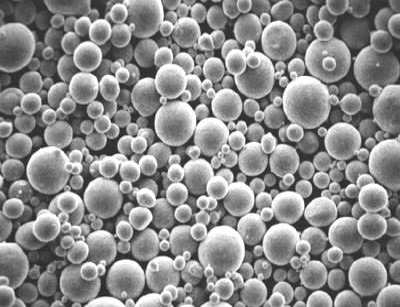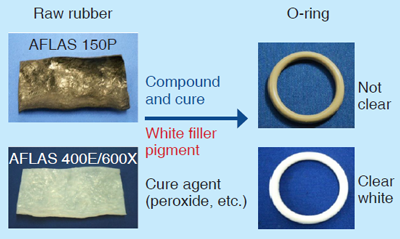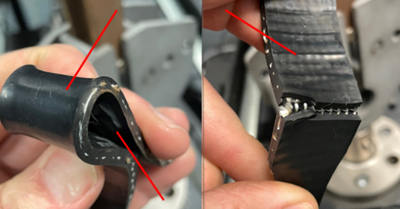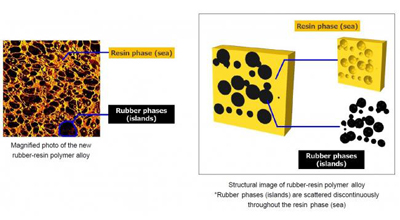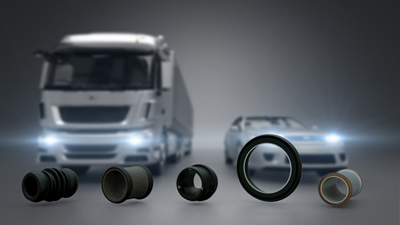SureMix S6 for process stability improvement in high silica tire tread compounds
Silica first found its way into elastomers as a filler in the 1950s, when it was used in shoe soles. By the 1970s, its use quickly expanded, as silica began being tested in heavy truck tires, passenger tires, engine mounts, gaskets and other rubber products. This expansion was due to growing information supporting its ability to increase adhesion, lower heat buildup and increase tear resistance. It was not until the early 1990s that Michelin proved in a commercially viable manner that the combination of precipitated silica and silane in a tire tread composition resulted in lower rolling resistance and increased wet traction.
Read More
